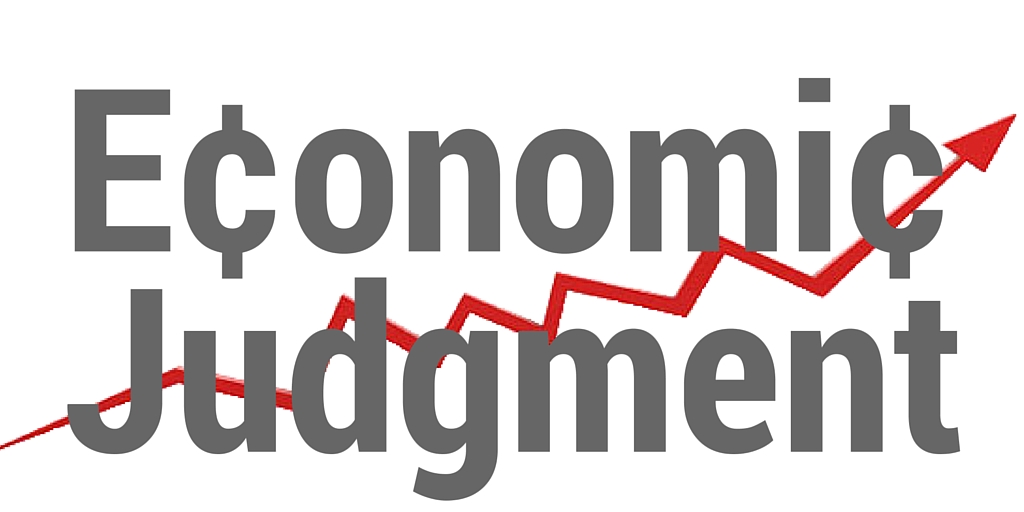 This morning, I appeared on the Birmingham Business Journal’s 2016 Economic Forecast panel. For a lot of reasons, I’m not confident enough to offer secure predictions beyond that which is reflected in my personal decisions and asset portfolio. I’ve bought in to Birmingham by moving to Southside, I still think stocks are a good investment over the long run as evidenced by my equity-heavy portfolio, and I don’t think US insolvency or economic cataclysm is on the horizon as evidenced by the fact that I’m not shorting the US bond market.
This morning, I appeared on the Birmingham Business Journal’s 2016 Economic Forecast panel. For a lot of reasons, I’m not confident enough to offer secure predictions beyond that which is reflected in my personal decisions and asset portfolio. I’ve bought in to Birmingham by moving to Southside, I still think stocks are a good investment over the long run as evidenced by my equity-heavy portfolio, and I don’t think US insolvency or economic cataclysm is on the horizon as evidenced by the fact that I’m not shorting the US bond market.
I really came to question the forecasting enterprise after reading Nate Silver’s The Signal and the Noise and Philip E. Tetlock’s Expert Political Judgment. My skepticism about a lot of forecasts was reinforced by Tetlock’s recent Superforecasting: The Art and Science of Prediction, which detailed how we get forecasts wrong and how we get forecasts right. Tetlock’s latest makes me more optimistic than I used to be, though, because it offers at least a few prescriptions for better forecasting and helps us see how we can make our forecasts more evidence-based and more useful.
In recent years, I’ve become absolutely fascinated by the ways in which our cognition just isn’t all it’s cracked up to be. The best treatise on this is Daniel Kahneman’s Thinking Fast and Slow, but my favorite book detailing these issues is Rolf Dobelli’s The Art of Thinking Clearly. It’s 100 three-page essays about a different cognitive bias, perfect for when you have a few spare moments between phone calls or when a meeting is starting late.
With a presidential election on the horizon, I’ve been especially interested in how we arrive at or avoid truth when political issues are on the line. The four best books I’ve read on this in the last few years are…
- Bryan Caplan’s The Myth of the Rational Voter
- Guido Pincione and Fernando Teson’s Rational Choice and Democratic Deliberation: A Theory of Discourse Failure
- Jason Brennan’s The Ethics of Voting (here’s my review in Public Choice; this is required reading in the run-up to the election)
- Michael Huemer’s The Problem of Political Authority (here’s my review in Regulation)
Finally, there’s a lot of evidence that we take leave of our senses when political issues are being considered. One of the most influential books discussing this in recent years has been Jonathan Haidt’s The Righteous Mind. In it, he documents how we tend to divide political issues into tribal “us versus them” battles instead of treating them as dispassionate, evidence-mediated disagreements.